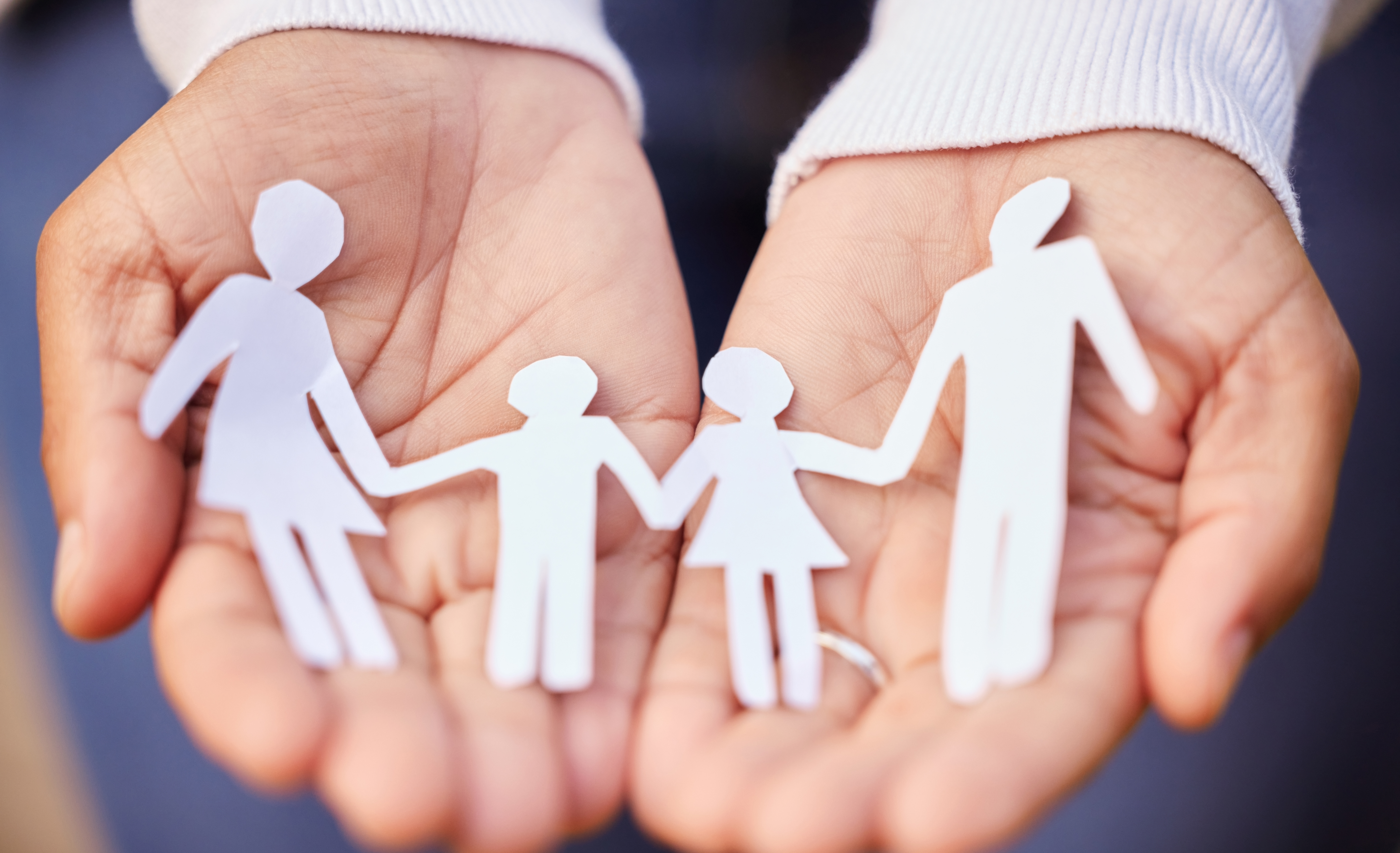Mental Health
Everybody has mental health, but it can affect every person differently. On this page, you will find information, help, and advice about how to work on having good mental health, and support for if you feel like you are struggling. Needing help and support is nothing to be scared of, the people around you want to help you feel your best.
Common Mental Health Concerns:
Anxiety
Being worried is a normal, natural feeling, but if you have been having feelings of worry for a long period of time and it is starting to affect the way you live your life, then you could have anxiety.
Anxiety is a feeling of extreme worry, fear or unease. It is often experienced as a combination of thoughts, emotions and physical feelings.
Signs of anxiety:
- Feeling sick
- Feeling very tense
- Taking short, shallow breaths (panic attack)
- Having trouble sleeping
- Finding it difficult to concentrate
What can you do?
- Think of a safe place that you feel happy in
- Practice deep breathing and try to relax your muscles
- Use positive self-talk (positive affirmations)
- Gradually face your fears
- Be nice to yourself.
If you are really struggling, you can seek support from the websites and services at the bottom of this page.
Stress
Stress is a natural reaction that your body has when changes or challenges happen in your life; however, sometimes the body and mind can have an extreme reaction to these, where you might need some help to cope.
Signs that you might be struggling with stress:
- Exhaustion (being tired or worn out to the point that you struggle to function)
- Chest pain
- Muscle pain
- Dizziness
- Uncontrollable shaking
- Struggling to catch your breath
- Feeling sick
It is important to seek help if you are struggling as high levels of stress can have negative effects on your mind and body.
Some things to try if you are feeling very stressed are:
- Talk to someone you trust about what is stressing you out
- Calming breathing techniques
- Listen to music that you enjoy
- Read
- Exercise
- Take some time to get fresh air
- Use stress-relieving toys, such as fidget toys, stress balls etc.
If you continue to struggle with high levels of stress, you can find support on the links at the bottom of this page, speak to someone you trust, or see a doctor.
Depression
Everyone has off days. It’s normal to feel irritable, sad or just a bit ‘off’. But if your off days start to outnumber your good days, you could be struggling with depression.
Depression is a mental health condition that affects your mood, making you feel flat, numb, irritable or sad. It lasts longer than normal shifts in your mood, and it can make it tough to do everyday things like spending time with your friends, working, going to school, or taking care of yourself. Anyone, from any background, can get depressed. It can happen for no clear reason, or it could be triggered by something tough that you’re going through.
The signs of depression can be:
- Feeling sad, upset and down most or all of the time
- Being very irritable
- Feeling numb or empty
- Not wanting to do thing that you usually enjoy
- Sleeping more or less than usual
- Eating more or less than usual
- Thoughts of suicide or self-harm
- Loss in confidence
- Struggling to focus
Depression can affect everyone differently, so you may not experience all of these symptoms.
If you think you are experiencing depression, you can get support from friends and trusted adults, medical professionals, and the websites at the bottom of the page.
Eating Disorders
Eating disorders are problems that affect a person’s easting behaviours, as well as their feelings about food and their body. Eating disorders can seriously affect a person’s mental and physical health.
There are several types of eating disorders that a person can be diagnosed with such as anorexia, bulimia, binge eating and ARFID.
If you, or someone you know, is struggling with body image or an eating disorder, it is important that you seek support. You can talk to a doctor, nurse, or a trusted friend or adult. Eating disorders can be life –threatening, so it is very important to speak out if you are struggling. It’s also important to remember that this isn’t your fault and people want to help you.
Signs of eating disorders can be:
- Spending lots of time worrying about you weight and body shape
- Avoiding socialising when you think food might be involved
- Eating very little
- Making yourself sick or taking laxatives after you eat
- Being very controlling about what and when you eat
- Denial of hunger
- Extreme fear of becoming overweight
- Changing or restricting your diet
If you are worried you might have an eating disorder, speak to someone you trust, a medical professional, or see the websites linked below for support.
Identity
Identity struggles aren’t a mental health condition on their own, but struggling with your identity for a long time, or to the point that it is affecting your day-to-day life, could lead to concerns around your mental health.
Identity difficulties can be hard for anyone to deal with. These could include questioning your basic understanding of who you are, what you like, your values, your sexuality, or struggling to stay true to who you are and not changing yourself to ‘fit in’ with a certain group of people.
How to help:
- Talk to someone you trust about your feelings (or talk to Kooth)
- Think back to times when you felt happy and reflect on why you felt that way
- Try to not shy away from feelings and face them head-on if you are able to
- Look for support groups of people who have experienced similar struggles.
- Distance yourself from the people who are pressuring you
This page was written by young people at Dyke House Academy.



